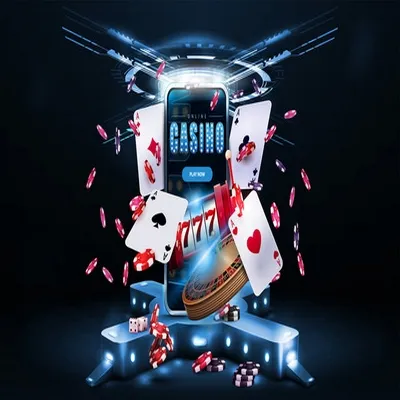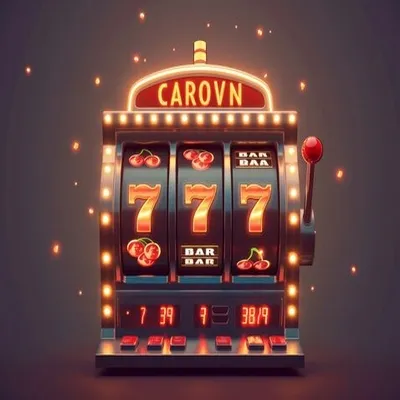banco do brasil portao
$17217
banco do brasil portaoOdds for the Euro champions typically range from 3:1 to 8:1, with strong teams like France or Spain having low odds. However, underdogs can offer very high payouts.
In short, sports betting is a game that requires a combination of strategy, knowledge and analytical skills. When you have enough information and understand the factors that affect the outcome of the match, you will easily make the right decisions and increase your chances of winning. Be patient, learn and always update the latest information so as not to miss out on attractive betting opportunities.
Product description

banco do brasil portaoContinuing with sports betting strategies, betting on matches with sudden changes in lineups is a strategy that players can take advantage of. Sudden changes, such as key players missing due to injury or unexpected tactical decisions, can change the outcome of a match. Keeping an eye on the lineup information before the match and predicting changes in the lineup can help players find good betting opportunities. Often, these changes will affect the odds, and players can take advantage of that moment to place their bets. Keywords like “lineup betting”, “player absence betting”, or “lineup change betting” will help players find these opportunities.
Finally, J88 is committed to providing a safe, fair and transparent betting platform for all players. All games are tested and certified fair by reputable organizations, helping players feel completely secure when participating in betting. J88's customer support system is also always ready to answer any questions and support players anytime, anywhere, helping them have a great betting experience.

Gambling, or betting, is an activity that humans have been involved in for thousands of years. From simple games to grand casinos and modern online sports betting, this industry has gone through a long journey of development. The following article will review important milestones in the history of the betting industry. Betting is not a new concept, but has existed since ancient civilizations. Archaeological evidence shows that, as early as the Babylonian and Egyptian periods, people participated in games of chance, often in forms of betting involving cards or dice games. Betting in Greece and Rome: Ancient Greek and Roman civilizations organized horse races and sports competitions, where people could bet on the outcome of events. Chariot races in Rome and arena sports were among the earliest forms of betting known to mankind. These games were not only part of the entertainment culture but were also associated with religious beliefs and rituals. Dice and card games were also used as a form of betting from this period, although there was no formal system or rules. Cards in particular appeared in China around the 9th century and gradually spread to other regions such as India and Europe. Betting flourished in Europe in the 17th and 18th centuries, when casino games began to become more popular. The first casino opened in Venice, Italy in 1638. This was the first place with formal betting organization and procedures. The first casinos mainly served the nobility and the wealthy, and were only open on special occasions such as festivals. The first casino in Venice (1638): The first casino opened in Venice, Italy in 1638. This was the first place with formal betting organization and procedures. The first casinos catered mainly to the nobility and the wealthy, and were only open on special occasions such as festivals. Horse racing betting: Horse racing was one of the first popular forms of sports betting and began to become part of the betting culture in Europe in the 18th century. The first horse races were held in England, where a strong horse racing industry developed, with famous races such as The Derby. Gambling and sports competitions: In the 19th century, gambling games at casinos and sports competitions such as football and horse racing began to become popular events that people bet on. In the 20th century, the betting industry continued to thrive, especially after countries began to legalize and regulate the industry. The city of Las Vegas in the United States emerged as the "gambling capital" of the world in the 1930s when Nevada legalized casino games. Las Vegas casinos have become an icon of the gambling industry, attracting tourists and gamblers from all over the world. Famous venues such as the Bellagio, Caesars Palace and The Venetian have become symbols of luxury and the gambler's lifestyle. Sports betting officially flourished in the 1940s and 1950s, especially in Las Vegas casinos. Sports such as football, basketball, and horse racing began to attract the attention of bettors. By the late 20th century, sports betting had gone beyond entertainment and had become a professional industry with major organizations and tournaments, such as the Super Bowl (USA) and the Premier League (UK).
To maximize your chances of winning, it is essential to track betting trends and analyze changes in odds. Odds can change over time and are affected by many different factors, such as team form, injury situations, or even information about the competing teams. Therefore, tracking and analyzing odds changes helps players make the right decisions and maximize profits.











